Peace Clubs Fostering Love in Refugee Camps
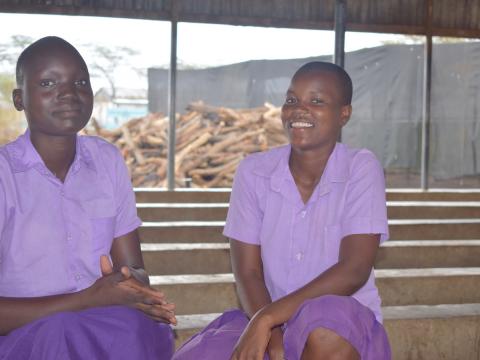
By Sarah Ooko, World Vision Senior Communications Officer, Kenya
Bouts of laughter rock the air as Florence plays cheerfully with her friend Teresa. The two are inseparable, and the affection they have for each other is visible on their radiant faces.
Looking at them, one cannot believe that only two years ago, the two girls – now aged 17 - did not get along well.
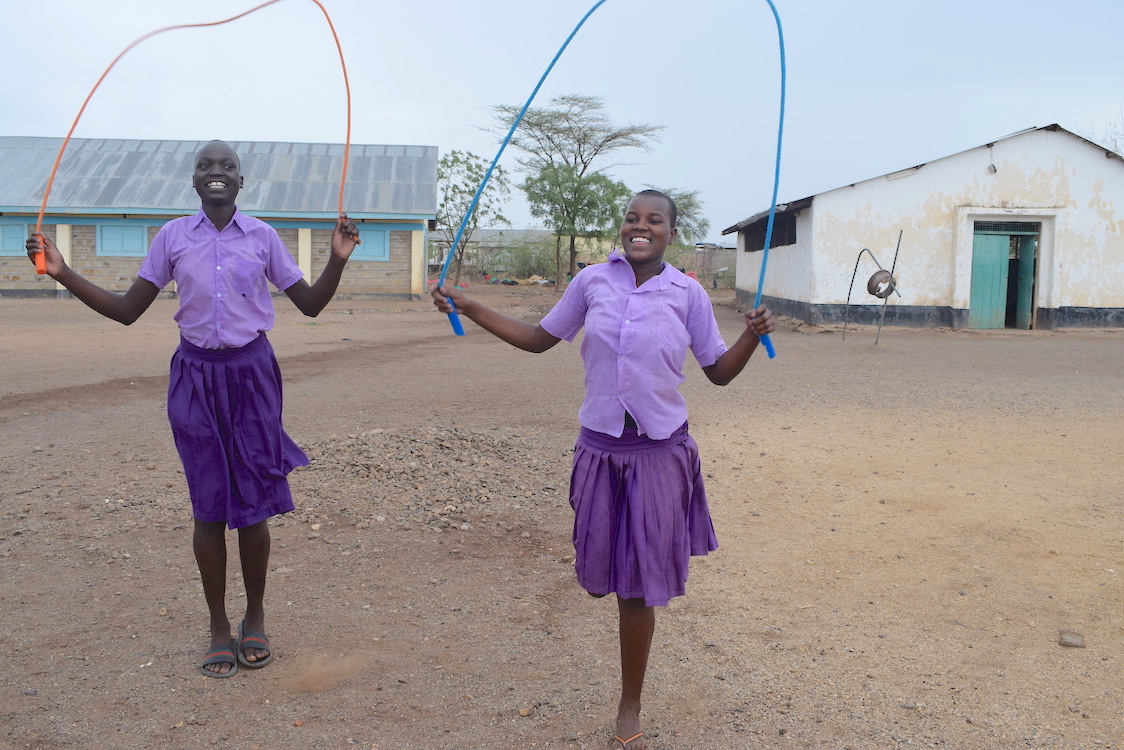
Florence, a Kenyan, used to shy away from interacting with Teresa who is a refugee from a different country.
"I used to believe that I couldn’t mix with Teresa because she's from a different country. Whenever she found me playing with my friends and asked to join us, I would always refuse and say no," she said.
The turning point for Florence came after she joined her school’s Peace Club, where she learnt about the importance of living in harmony and unity with fellow children, irrespective of their nationality, religion or culture.
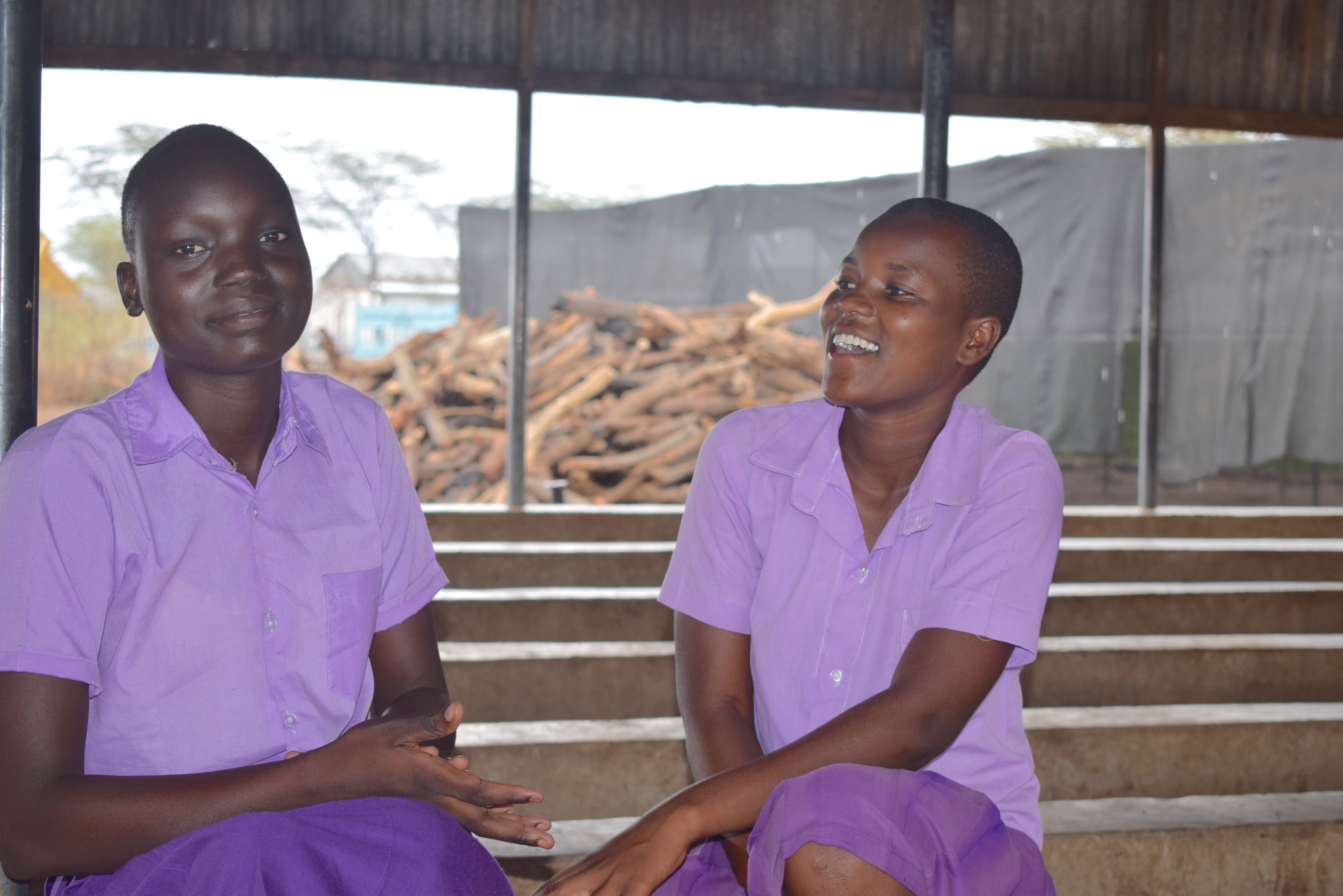
Through a project dubbed Empowering Children as Peace Builders (ECAP), World Vision Kenya has been working with schools at the Kakuma Refugee Camp to establish such Peace Clubs aimed at helping children learn about unity and how to manage and prevent conflict.
The clubs follow the Peace Road curriculum that trains children on the significance of embracing diversity, gender equality, peace building and healthy relationships that can enable them enjoy life without hurting others. The lessons also enable children to understand or explore who they are as individuals.
"They get to understand their personality, strengths, weaknesses, likes or dislikes. They then learn how to improve on weak areas,” said Everlyne Khisa, a teacher and Peace Club Patron at Kakuma Girls Primary School where Florence and Teresa learn.
She added: “Being at peace with oneself enables children to extend the same to other children."
Anthony Oyugi, the World Vision Project Officer for ECAP at Kakuma Refugee camp, noted that the peace clubs also nurture conflict resolution skills among children.
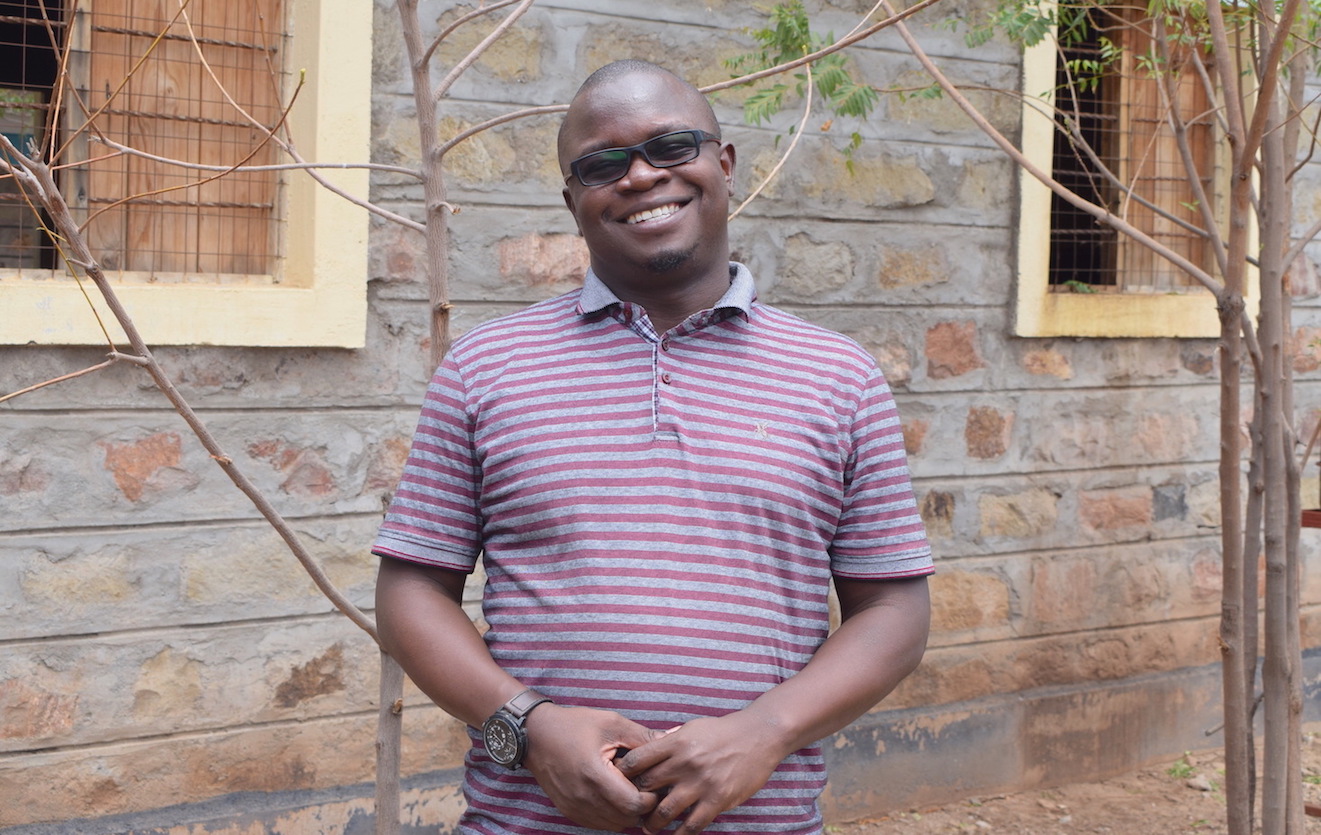
This has encouraged the children to establish Help Desks in school, which enable them to solve conflicts arising among fellow pupils.
The approach is child centred, as it is the children themselves that address their conflicts. This makes them grow and become confident in their problem-solving skills. The few issues that they can’t, or are beyond their ability to resolve, are usually forwarded to the school administration or government authorities,” stated Anthony.
"When I go back home, I also preach peace and advise children to be obedient and disciplined so as to avoid quarrelling or disagreeing with their parents all the time," said Florence.
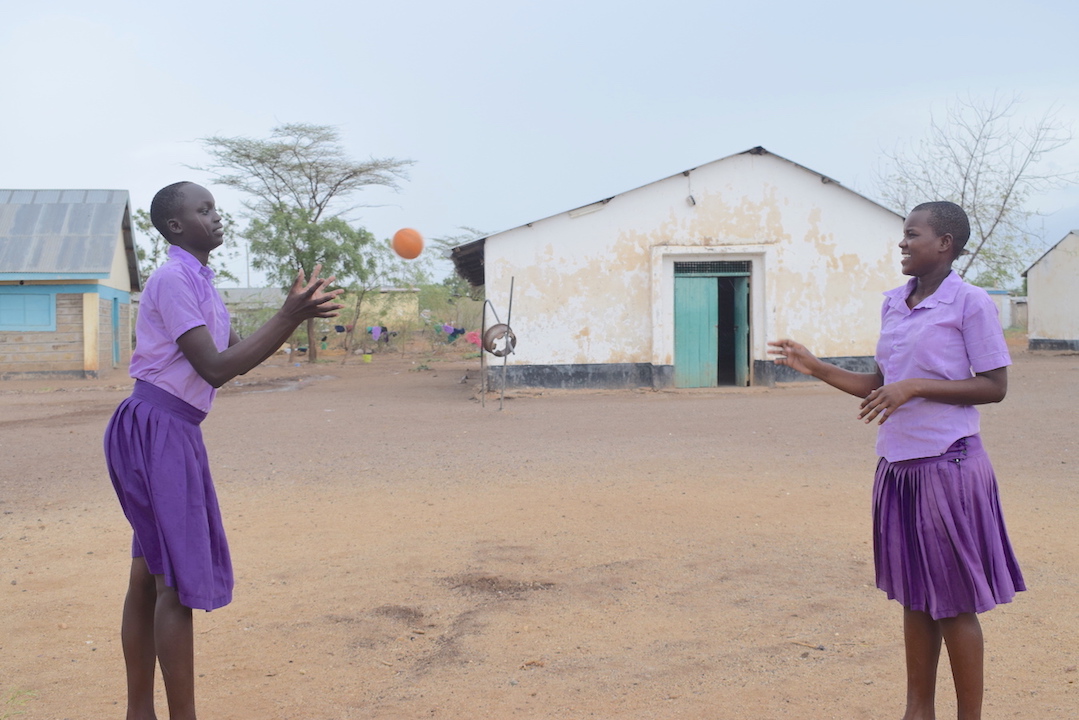
She added: "I have experienced the joy that peace brings to me. So nowadays, I seek to love people and avoid hating anyone."
At Kakuma refugee camp, most children have experienced the adverse effects of conflict, which erupted into war and made them flee their countries. The Peace Clubs are enabling them to heal from the trauma and experience the love of God in their lives.
Patrons that lead the clubs are usually taken through psychosocial first aid training. This empowers them to professionally tackle or handle trauma arising from affected children effectively.